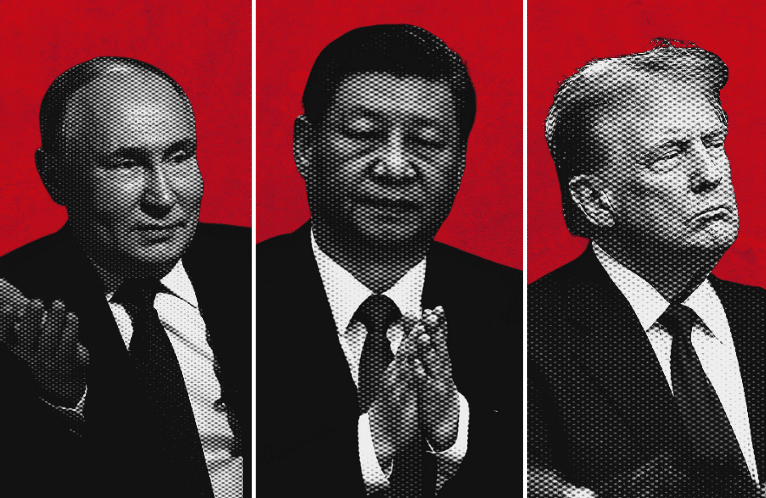Commentary: US Attempt To Isolate China In South China Sea Doomed To Fail
China’s Foreign Minister Wang Yi recently paid visits to Brunei, Cambodia and Laos,during which he exchanged views with all parties on the situation in the South China Sea.He announced that the three countries had reached a consensus during a press conference before he wrapped up his trip.
Two months ago, the leaders of the U.S. and member states of the Association of Southeast Asian Nations (ASEAN) also held an unofficial conference. Before the meeting, the U.S.attempted to make a big issue of the South China Sea situation. However, even then, the U.S. failed to persuade the ASEAN countries to go against China.
The consensus reached by China, Brunei, Cambodia and Laos once again shows Chinasucceeding where the U.S. failed. More importantly, the consensus conveys severalmessages to all parties trying to intervene inappropriately in the South China Sea.
One next step for China would be to implement a “dual-track approach.” This option wasput forward by Brunei, and is strongly supported by Chinese officials, who believe itsafeguards the interests of all the countries with South China Sea coastlines. It also showsthat China respects fairness, and does not simply want to impose its will on othercountries.
Brunei’s proposal touched on two important considerations. With regards to sovereignty,it holds that disputes related to the Nansha islands and reefs should be addressed through formal negotiations and consultations between the countries directly involved. As for security concerns, Brunei suggests that peace and stability in the South China Sea should be jointly safeguarded by China and ASEAN countries. The “dual-track approach”explicitly blocks the efforts of uninvolved countries to internationalize the South China Sea issue.
It is important to remember that China is very invested in its relations with ASEAN, both as they relate to the South China Sea issue and as they don’t — Wang’s recent trip reflects this. This year is the first year of the establishment of the ASEAN Community, and also the 25th anniversary of the China-ASEAN dialogue relations. At this crucial stage, China will maintain its support of the ASEAN Community and of ASEAN’s leading role in regional cooperation.
In addition, China has discussed cooperation with ASEAN under frameworks such as the Belt and Road Initiative and the Lancang-Mekong Cooperation. The big picture of China-ASEAN should not be compromised by the South China Sea issue.
ASEAN countries do not approve of the arbitration unilaterally initiated by the Philippines. China, Brunei, Cambodia and Laos all acknowledge the authority of the Declaration on the Conduct of Parties in the South China Sea, as well as its stipulation that disputes should be solved through direct dialogue between the concerned countries. China and Cambodia both agree that international judicial and arbitration organizations should respect the statement of optional exception made by any country on the basis of Article 298 of the U.N. Convention on the Law of the Sea.
The U.S. will lose support if it goes on trying to stir up the South China Sea situation.Already the country has been showing off its military power in the region, employing strategies such as sending the USS Lassen to illegally enter the Nansha Islands, and having a B-52 bomber “accidentally” approach Chinese reefs. It was also reported that American fighter planes flew near Huangyan Island not long ago. With the U.S. doing all that it canto make trouble, ASEAN countries should worry more about potential turbulence in the region than about choosing sides between China and the U.S.
At the beginning of this year, U.S. Defense Secretary Ashton Carter said that China’s new construction in the South China Sea and its strengthening of naval power would lead to”self-isolating” results, a prediction that has been proven wrong after Wang’s visit. The South China Sea issue does not affect China’s relations with other nations; China and ASEAN countries can have candid conversations and reach a consensus regardless of regional tensions.
The U.S. will not succeed in its conspiracy to isolate China. Further attempts to do so will only destroy the country’s own image. It is time for the U.S. to rein itself in and finally acknowledge the true situation.
(The author is the Deputy Director of the Department for International and Strategic Studies at the China Institute of International Studies.)
By SU XIAOHUI Apr. 27, 2016 on The People’s Daily
Read more here








